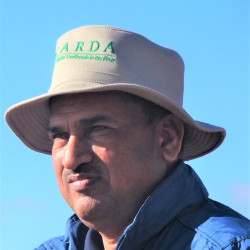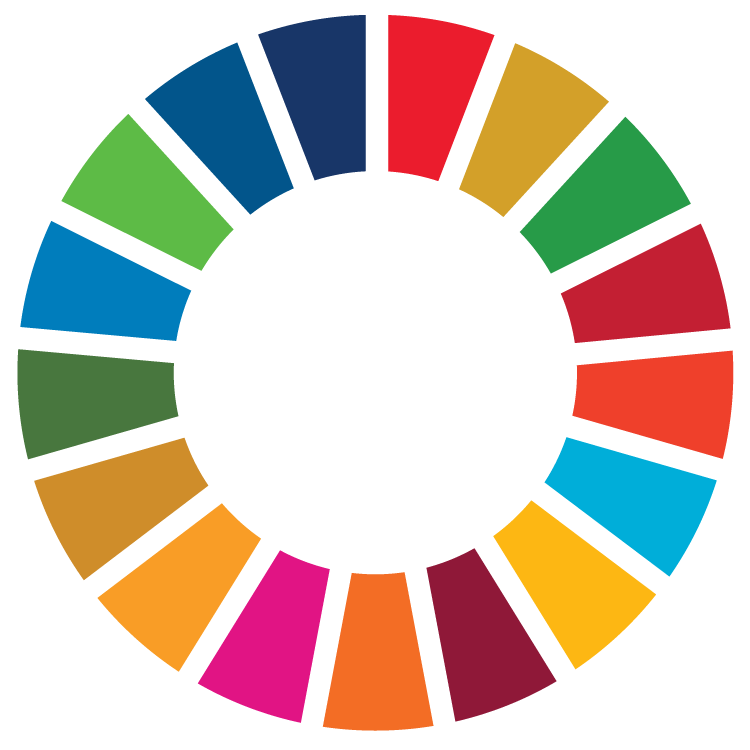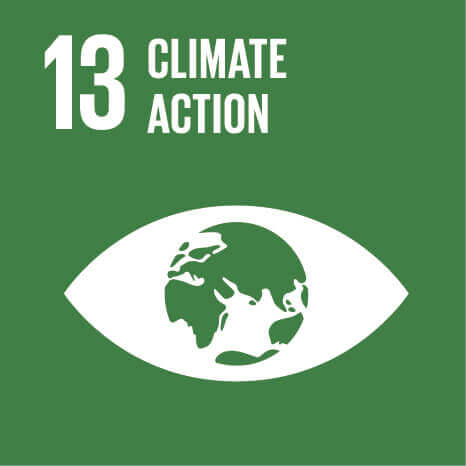The project aim and research activities are mainly focused on genetic selection of best adapted Australian and ICARDA's barley varieties. From ICARDA's genebank, the resistant varieties for abiotic (heat and drought) and biotic (SFNB, NFNB, PM, Yr and Lr) stresses, will be identified and sent to Australia. The first analysis and selection will be made in several countries like Morocco, Lebanon, Turkey, Tunisia and Ethiopia. Especially Morocco which more closely resemble Australian's Mediterranean climatic region, will play a key role in the research. The genotypes obtained will be finally tested in Australia where NARS, by further analysis, will select the suitable ones. All this will help to find new and strong varieties for next climate change stresses by the fusion of most completed varieties from different areas. The benefit will be mainly at economic, social and environmental level. The new varieties will contribute to help farmers having constant harvest and reduce food risks caused by climate change. The reduction of losses will revitalize rural communities and minimize rural to urban migration. The use of host resistance will result in less application of fungicides, pesticides and insecticides by farmers. These will protect the environment and enhance generation of biological diversity. These world wide collaboration, will be useful, by several workshop and training, for capacity development of different NARS and will facilitate efforts in breeding, between different areas and locations, for the challenges of the next years








.jpg)
.png)







